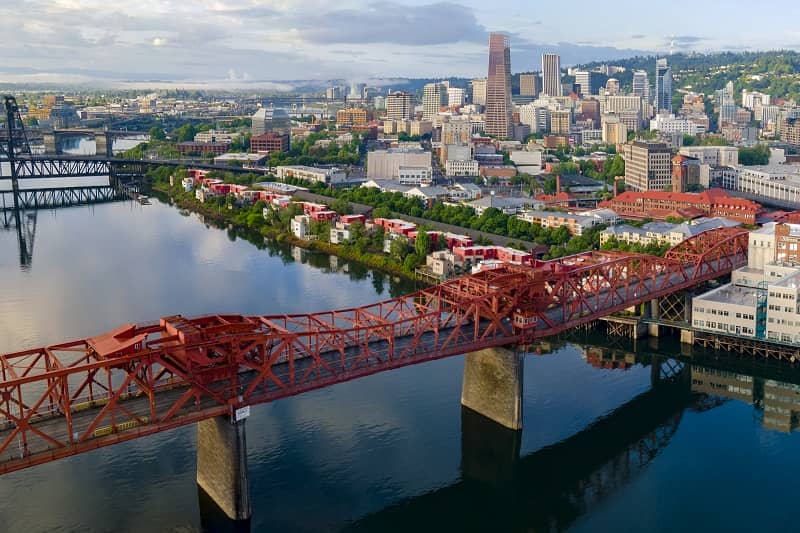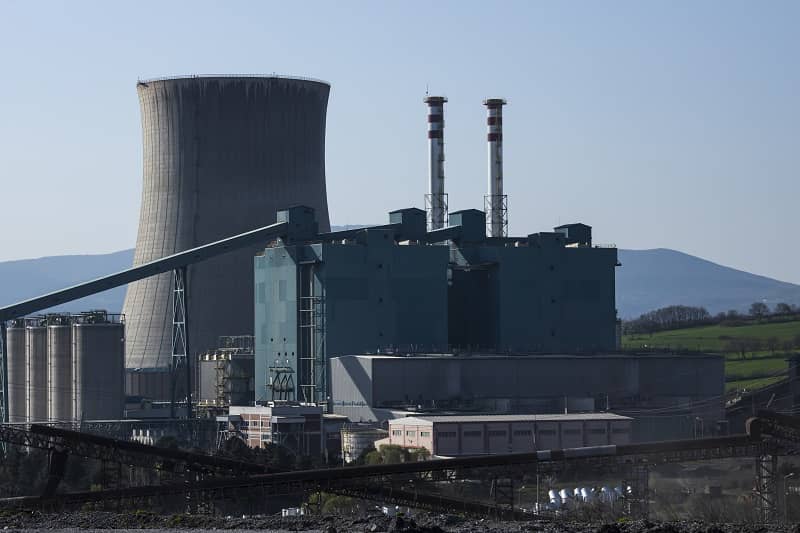By William Newell
The 2013 North American World Environment Day opened with a speech from Mayor Charlie Hales on the need for Portland to lead on renewable energy policy as it has on other environmental practices. As part of this renewed leadership effort, the Mayor reiterated a 2012 Portland City Council resolution which called on the City to use only renewable energy in its operations. However, this is not the first time the City has created a goal of 100 percent renewable electricity and sold it as an opportunity to lead―only to fail to get anywhere near the goal.
In reality, the Mayor was touting an objective which has existed since 2001. The goal originated as a part of the Local Action Plan on Global Warming, and it called on the City to “purchase 100 percent of City government electricity load from new renewable resources” by 2010. After the initial 2001 proposal, the City purchased three-year renewable energy credits (RECs) equivalent to about ten percent of the City’s electricity use.
Six years later in 2007, the City again tried to purchase more RECs; but the negotiations failed after the sales company decided to sell its RECs to Washington and California. The City spent more than $100,000 just to negotiate the deal.
2009 marked another important step for Portland’s green dreams with the announcement of the Climate Action Plan, which contained essentially the same goal as those proposed in 2001. This time the City would purchase or produce renewable energy with 15 percent of the energy coming from the City’s own generation by 2012. Yet again, by 2012 the City had failed to meet its goal, obtaining about 14 percent of its electricity from renewable sources and only nine percent from “self-production.” The other five percent came from state renewable portfolio standards, which mandate that utilities obtain five percent of their energy sales from renewable sources. This was a lucky development for the City, but ultimately it does little to help Portland accomplish its goal.
In 2012, the Portland City Council passed another resolution which prompted the City’s various bureaus to purchase enough RECs to “offset” 100 percent of the City’s electricity. This is the resolution on which the Mayor focused in his speech. But now, with no large-scale purchases or projects to meet the target, at the beginning of 2014 the City has yet to accomplish its goal. The City still only gets 14 percent of its electricity from renewable sources. This means the City is more than 85 percent behind meeting the objective. After more than a decade of goal setting and public speeches, the City has failed to achieve its goal. Can Portlanders really expect the City to change its behavior now, after 12 years of speeches and resolutions?
The reality is that Portlanders should not want the City to accomplish its long-overdue goal for a few key reasons. First, the proposed method of meeting the target has been through purchases of renewable energy credits, but this is a waste of city resources as RECs are no guarantee of reduced environmental impact. Second, the City has tried to produce its own energy through various means, but often through solar or wind installations―and these are wasteful and undermine grid stability.
To understand why REC purchases are wasteful, it is important to understand what they are. RECs are a commodity which represents the environmental benefits of one megawatt-hour of renewable electricity. One REC is “produced” when one megawatt-hour of electricity is generated from a source that is categorized as “renewable.” RECs are then sold, and purchasers can claim that they “used” renewable electricity.
But there are many problems with this narrative. When the City buys RECs, the purchase benefits government-favored wind operators while encouraging nothing. RECs do not require that proceeds go to expanding renewable generation capacity, and they are too inexpensive to be a sufficient incentive to expand renewable energy production. Interestingly, RECs are extremely cheap, which sounds good for the City budget, but it actually undermines their ability to spur further renewable energy development. Ultimately, RECs play second fiddle to more substantial renewable incentives like the Wind Production Tax Credit.
The main reason for the City to purchase RECs is that they are supposed to “offset” Portland’s carbon emissions from electricity use. But the credits don’t represent credible offset emissions because there is no requirement for RECs to show how much emissions were really avoided in their production. RECs cannot be tracked from creation to final purchase. Another problem with the “offset” theory is that RECs subsidize intermittent energy sources such as solar and wind. Intermittent energy sources must be backed up by other sources (possibly including fossil fuel plants), which either must be “ramped” up and down or “idled” to make up for cloudy or calm days. Relying on intermittent energy sources can actually result in more carbon emissions from existing fossil fuel plants and backup generators and a less reliable electricity grid.
The story of Portland’s 100 percent renewable energy goal is an unfortunate one. Portland hasn’t delivered on its promise, while touting failed solutions. RECs―the City’s preferred “green” solution―are not transparent, credible, or effective. Portlanders should really be thankful the City hasn’t met its own goal, which would have wasted taxpayer dollars on a questionable program.
William Newell is a research associate at Cascade Policy Institute, Oregon’s free market public policy research organization. He is a graduate of Willamette University.











